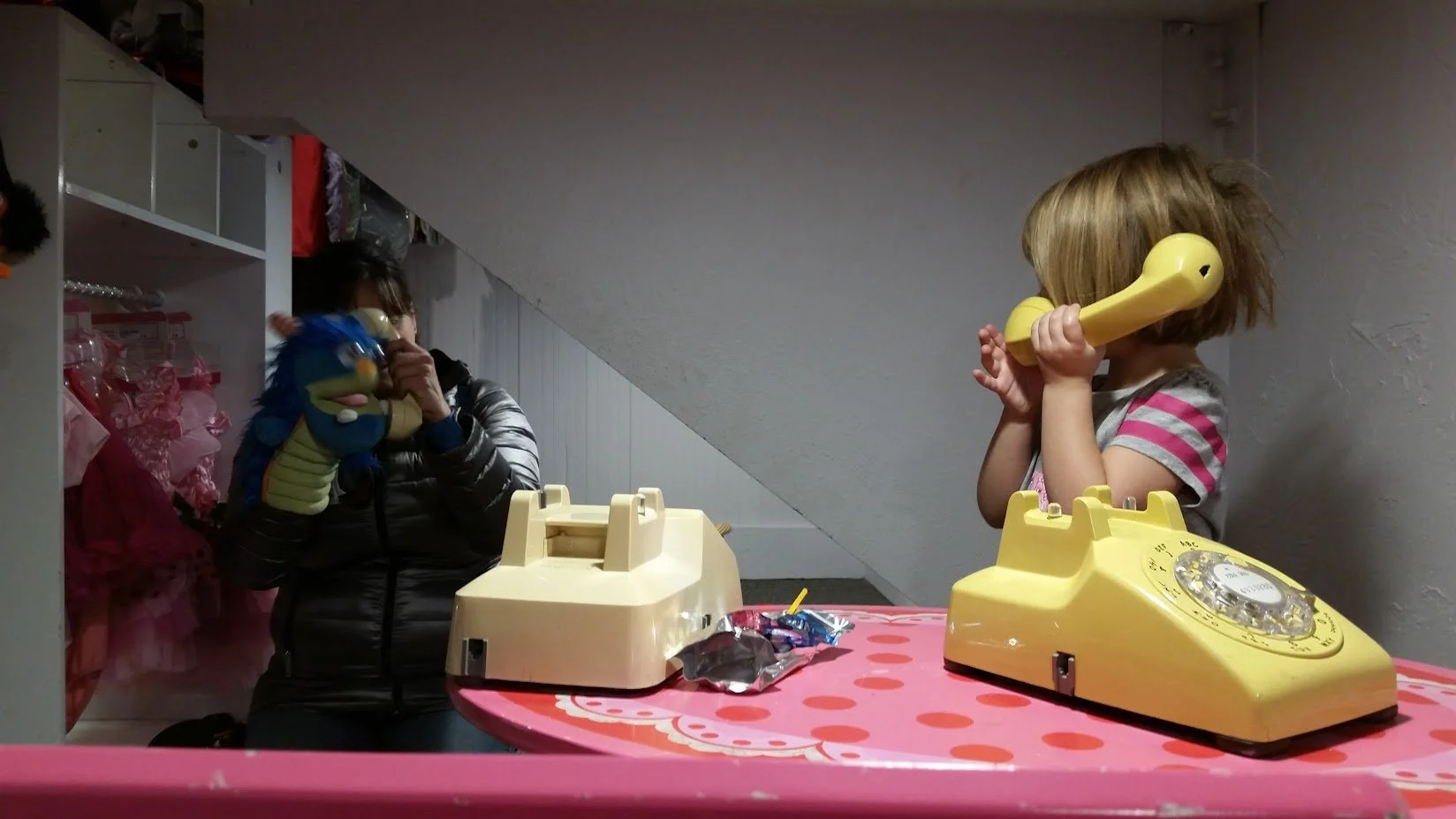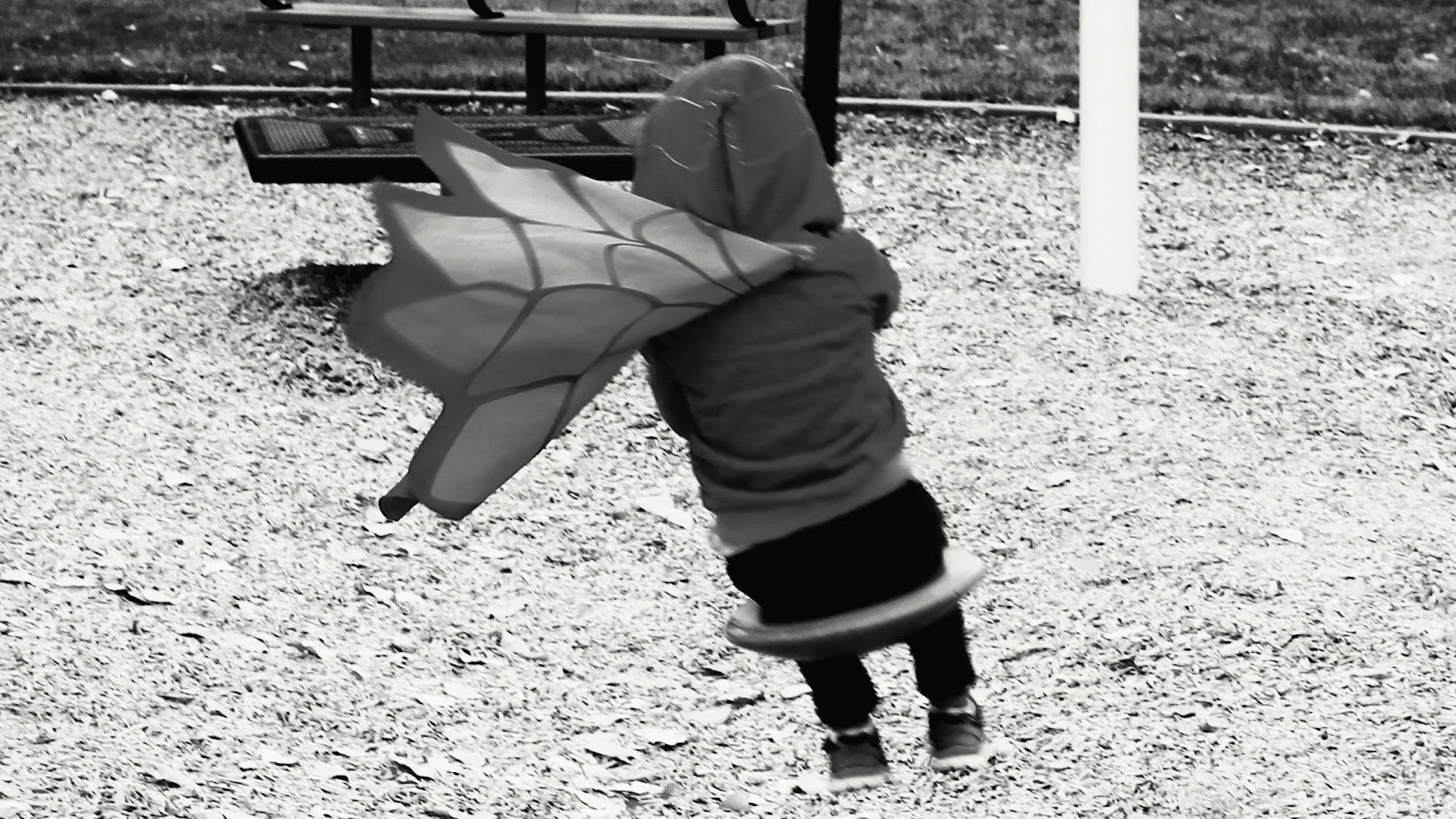Search by topic, theme, or feeling

Synesthesia as Neurodivergent Perception
Synesthesia is not merely a curiosity but a fundamental aspect of sensory processing for many neurodivergent individuals.

How Fawning Can Erode the Neurodivergent Self
When neurodivergent individuals are consistently labeled as "too sensitive" or "overreactive," they often learn to cope by fawning, a self-abandoning strategy that trades authenticity for perceived safety.

Addiction, Regulation, and a Somatic Path to Harm Reduction
Addiction is not a moral failure but the body's ingenious, if ultimately costly, attempt to find regulation and survive overwhelming circumstances.

When the Healing Hurts: Recognizing and Addressing Therapeutic Harm
The therapeutic relationship, intended as a sanctuary for healing, can sometimes become a source of retraumatization when a therapist's unexamined biases, reactions, or rigid methodologies cause harm.

When Attunement Becomes Enmeshment
In many relationships, a pattern emerges where one partner's heightened emotional attunement becomes a mechanism for avoiding conflict and managing their own anxiety.

Creative Rebellion: Reimagining Survival Strategies as Wholeness
What if your so-called disordered thinking is not a sign of being broken, but a profound somatic signal from a body that has creatively adapted to survive?

Healthy Regulation or A Rut? Neurodivergent Routines and Rituals
For many neurodivergent individuals, ritual and regularity are not preferences but essential tools for nervous system regulation.

Neurotype, Truth, and Conflict in Relationships
When conflict arises, neurodivergent individuals often prioritize objective truth seeking, while neurotypical individuals tend to focus on emotional considerations.

Literally Speaking: Strengthening Neurodiverse Relationships Through Playful Communication
For many neurodivergent individuals, language is a world of literal meanings, where common phrases and implied requests can be confusing.

Parenting While Neurodivergent
Parenting while neurodivergent presents a distinct set of challenges that often go unrecognized.

Rejection Sensitive Dysphoria and Neurodivergence
Rejection Sensitive Dysphoria is an intense, often overwhelming emotional response to perceived rejection or criticism that disproportionately affects neurodivergent individuals.

Thin-Slicing and the Neurodivergent Experience: Navigating Social Rejection
Even the most meticulously crafted mask cannot always conceal the innate differences in neurodivergent communication and presence.

A Compassionate Look at Neurodivergent Meltdowns and Support Strategies
A neurodivergent meltdown is an overwhelming physiological response to being overloaded, not a behavioral choice.

Using Bilateral Stimulation to Build Resilience
This blog post explores a powerful somatic technique combining bilateral stimulation, positive messaging, and mental rehearsal to proactively prepare for stressful events. Learn how to build resilience and anchor a state of calm confidence before you need it most.

Tummy Talk: Conversing With The Enteric Nervous System
Our gut feelings are not problems to be solved but messages to be understood. Learning the language of the enteric nervous system allows us to heal trauma by listening to the wisdom of the body.

The Double Wound: Family Harm and the Somatic Impact of Disbelief
When a child is harmed by a family member, the injury is profound. This injury is compounded when other family members respond with disbelief or blame.

Theory of Mind in Neurodiverse Communication
Effective communication requires us to infer the complex internal states of others, a cognitive process known as theory of mind.

When Realities Collide: Understanding Unintentional Gaslighting
In neurodivergent-neurotypical relationships, a fundamental difference in information processing can create a dynamic where one partner feels their reality is being denied, even without any malicious intent.

Why Neurodivergent People May Thrive in Somatic Therapy
Traditional talk therapies like CBT often operate from the top down, focusing on changing thoughts to influence emotions and body states. In contrast, somatic psychotherapy works from the bottom up, helping clients regulate their nervous system to create new cognitive and emotional experiences.

When Asking Feels Dangerous: A Somatic Approach to Neurodivergent Risk Assessment
For many neurodivergent individuals, asking for help is subconsciously categorized as a dangerous threat rather than mere discomfort.
